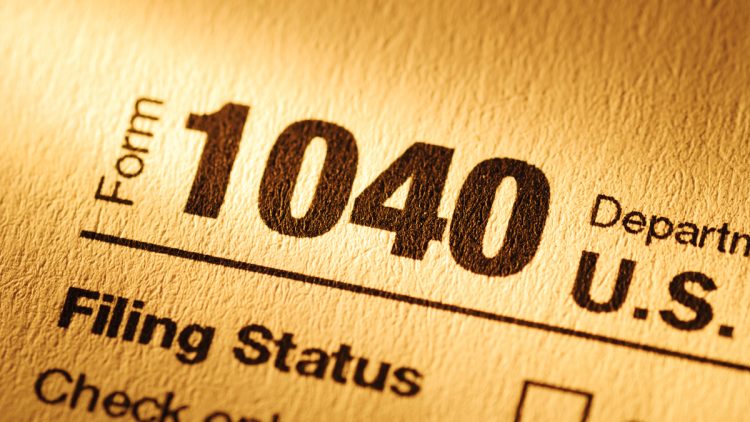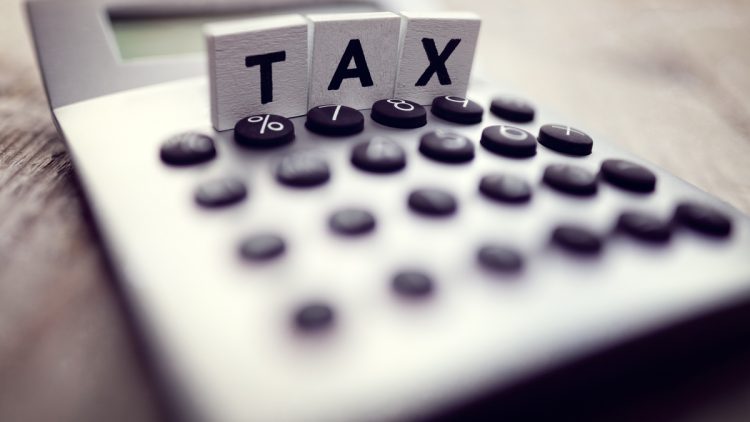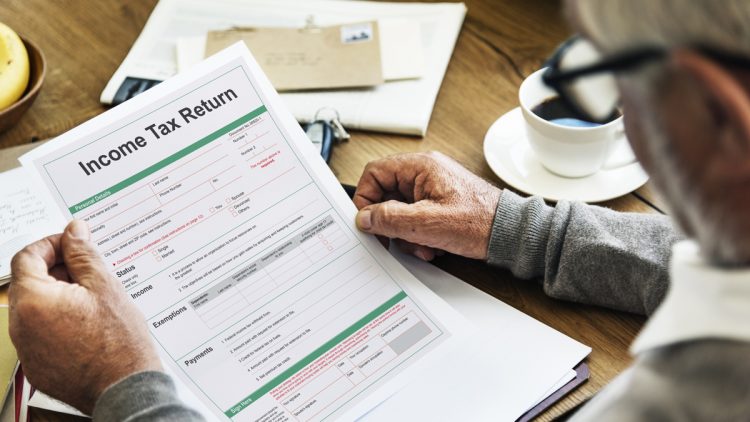What Is The IRS Fresh Start Program?
You may have heard about the Internal Revenue Service’s “new start” program and wondered if you might use it to pay off your tax obligation. But what is the Fresh Start program precisely, and how does it work?
The Fresh Start program is meant to allow taxpayers to pay off their debts in full within six years without incurring significant financial hardship. It is open to any taxpayer with a tax obligation of $50,000 or less owed to the IRS. The IRS started the program in 2008 and expanded it in 2012 to help people with their credentials and financial constraints.
The Fresh Start program streamlines the process of repaying a big tax obligation while also removing some of the hassles that come with owing the IRS large quantities of money, such as liens, levies, wage garnishments, and penalties. An extended installment plan, tax lien withdrawals, and the Offer in Compromise are the three repayment options available under the program.
The extended installment agreement is the most prevalent of these alternatives, and it is meant for taxpayers who owe $50,000 or less. This option allows taxpayers to pay off their tax obligation over a six-year period without incurring any further fines or interest. Wage garnishments, tax liens, and tax levies will all be put on hold by the IRS. This program requires the taxpayer to make monthly payments in an amount determined by their income and the value of their assets. The goal is for the payments to be affordable to the taxpayer so that they may be made on time and without financial hardship.
Taxpayers can use a direct debit payment option to pay off their debts under the tax lien withdrawal. Once this is in place, the taxpayer can request that any tax liens on their accounts be removed by the IRS. This also prevents the tax lien from being disclosed to the three consumer credit reporting organizations.
The Offer in Compromise, or OIC, program is the final option. Taxpayers who participate in the OIC program may be able to settle their debt for less than they owe. The taxpayer submits an offer based on the worth of assets that can be liquidated to pay off the debt. In calculating what the IRS believes the taxpayer can reasonably repay, the IRS will take into account the taxpayer’s ability to pay, current income and costs, and any asset equity. Because an OIC must be negotiated with the IRS and can take months to get, you may wish to enlist the services of a tax professional to walk you through the process and negotiate with the IRS on your behalf. Even then, only a small percentage of taxpayers will be successful in settling their debt for a lower sum, and if the IRS accepts the offer, their assets will be severely diminished.
Of course, there are certain extra requirements in order to be eligible for the Fresh Start program. To begin, you must be current on all of your tax returns, including those from previous years. If you have any unfiled returns, you cannot apply for the Fresh Start program, and you must file timely taxes for any subsequent years.
For many taxpayers, dealing with the IRS collections department is a terrifying prospect, but you don’t have to go it alone. If you’re not sure whether Fresh Start program is ideal for your particular tax debt situation, you should seek counsel from a specialist Acting today, whether you decide to handle your tax burden on your own or with the help of a professional, is the best way forward. Tax issues do not go away on their own, and they can cause a great deal of stress in your life and relationships. With the Fresh Start program, you know you’re on your way to getting rid of this load.
The Fresh Start Program includes the following key components:
-
Expanded Offer in Compromise (OIC) Eligibility: One significant aspect of the Fresh Start Program is the expanded eligibility for the Offer in Compromise program. An Offer in Compromise allows taxpayers to settle their tax debts for less than the full amount owed if they meet certain criteria. Under the Fresh Start changes, the IRS revised its calculation of a taxpayer’s reasonable collection potential, making it more accessible for financially struggling individuals to qualify for an OIC.
-
Streamlined Installment Agreements: The IRS increased the threshold for streamlined installment agreements. Taxpayers who owe less than $50,000 can enter into installment agreements without submitting detailed financial statements or extensive documentation. These streamlined agreements simplify the process of paying off tax debt over time.
-
Reduced Tax Lien Filings: The IRS raised the threshold for the automatic filing of tax liens. The Fresh Start Program increased the minimum tax debt amount that triggers a tax lien filing, reducing the number of liens imposed on taxpayers. A tax lien can negatively affect a taxpayer’s credit and financial standing.
-
More Flexible Offer Terms: The IRS extended the time frame for taxpayers to pay off their accepted Offer in Compromise amounts. This extension allows taxpayers more time to satisfy their negotiated tax debt settlements.
-
Suspension of Collection Activities: In certain cases, the IRS may temporarily suspend collection activities for taxpayers facing economic hardship. This gives taxpayers additional time to stabilize their financial situations.
-
Easier Penalty Abatement: The Fresh Start Program introduced more lenient criteria for requesting the abatement of certain penalties, such as the failure-to-pay penalty. Taxpayers who have a good compliance history and can show reasonable cause may be eligible for penalty relief.
It’s important to note that while the Fresh Start Program offers relief options to taxpayers, the IRS still expects taxpayers to fulfill their tax obligations. These initiatives are designed to help taxpayers who genuinely need assistance due to financial hardship.
If you owe back taxes to the IRS and are struggling to meet your tax obligations, it’s advisable to consult with a tax professional or seek assistance from the IRS to explore the options available to you under the Fresh Start Program or other tax relief programs. Keep in mind that tax laws and IRS policies can change over time, so it’s essential to stay informed about the latest updates and requirements.
Tax Settlement in Mesa, Arizona
If you need IRS Debt Help, Tax Debt Settlements or Tax Debt Advising in Phoenix, Mesa or anywhere else, Tax Debt Advisors can help! Give us a call at 480-926-9300 or fill out our contact form for a free consultation. This family owned tax practice has been serving the public since all the way back in 1977!
More Articles About Taxes
- When Will I Get My 2021 Tax Refund
- What’s New For Tax Filing 2021
- IRS Tax Inflation Adjustments For Tax Year 2021
- 2021 Tax Brackets
- What Are Tax Audits?
- What is an Enrolled Agent?
- Answers To 10 Tax Questions
- How To File Back Taxes








